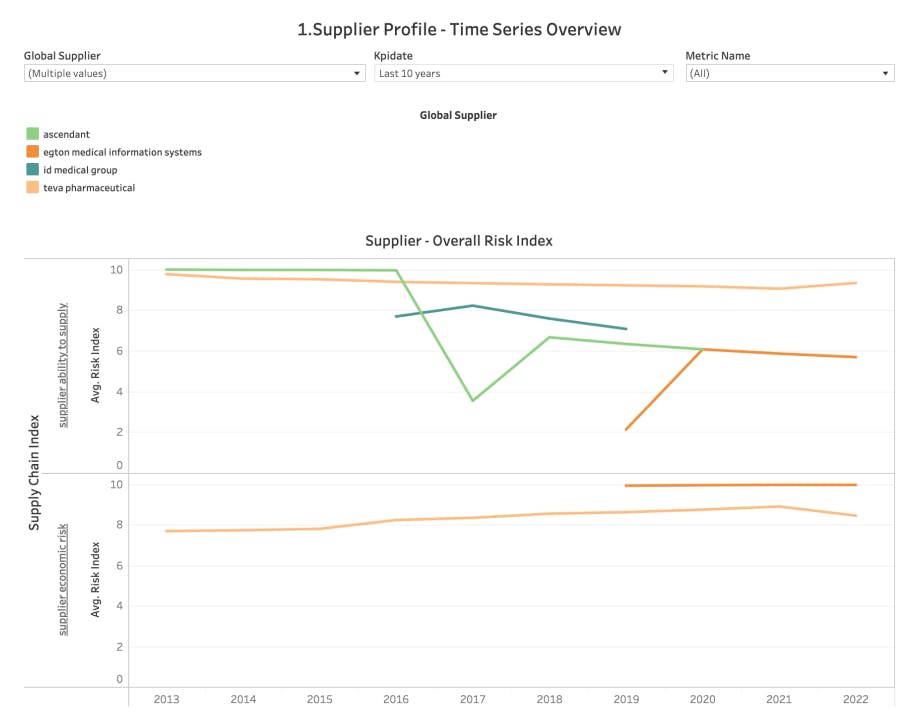WP Engine has obtained a preliminary request to the WordPress.com matrix so that Automattic stop blocking access to WordPress.org resources to the company, as well as interfering with the operation of its plugins. This has been decided by a judge of the District of California.
This requirement came after third-party WordPress hosting service WP Engine filed a lawsuit seeking legal action and accusing Automattic and its CEO, Matt Mullenweg, of causing them “multiple forms of immediate and irreparable harm«. The injunction asked the court to prevent Mullenweg from restricting the company’s access to WordPress.org.
Last September, Mullenweg ran a public campaign against WP Engine, accusing the service of misusing the WordPress trademark and not contributing enough to the WordPress community. Additionally, after blocking the company’s access to WordPress.org servers, Automattic assumed control of the WP Engine ACF plugin.
The judge, Araceli Martínez-Olguín, has found WP Engine’s complaints founded, which indicate that Automattic’s actions damaged their business relationships, and has indicated that Mullenweg’s conduct «is designed to induce rupture or disruption«.
Regarding Automattic’s allegation, which blamed the company for relying on WordPress.org to boost its business, Judge Martínez-Olguín does not consider it to be very strong, ruling that “while the defendants characterize the damage to the plaintiff company as self-imposed because he has developed his business on a website «which it had no contractual rights to use..”, the role of the defendants in helping to materialize that harm through their recent directed actions towards WP Engine, and not another competitor, cannot be ignored«.
The ruling establishes that WP Engine has shown that it will suffer irreparable harm if there are no judicial relief measures, which will also have an impact on members of the WordPress community. Under this preliminary measure, Automattic will also have to remove the list of companies that it showed on a website it created to track the plaintiff company’s outgoing clients. You will also have to remove the activation box that asks WordPress users to confirm that they are not affiliated with WP Engine when they access their accounts.
WP Engine has responded to the lawsuit through a post on social networks, in which, among other things, they point out that “andare grateful that the courts have granted our request for a preliminary injunction that restores access and functionality of wordpress.org to WP Engine, its clients and its users«. Meanwhile, at Automattic they hope that their version of events will be the one that emerges victorious in a trial.











